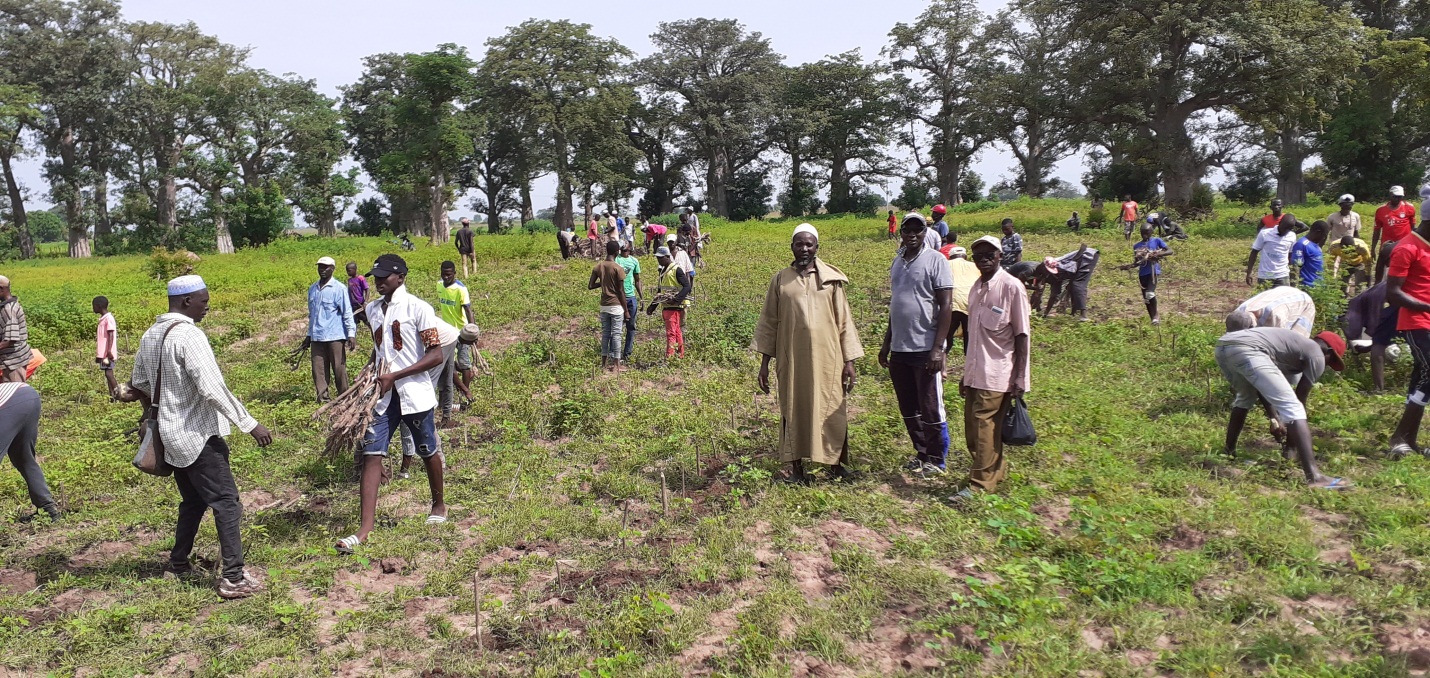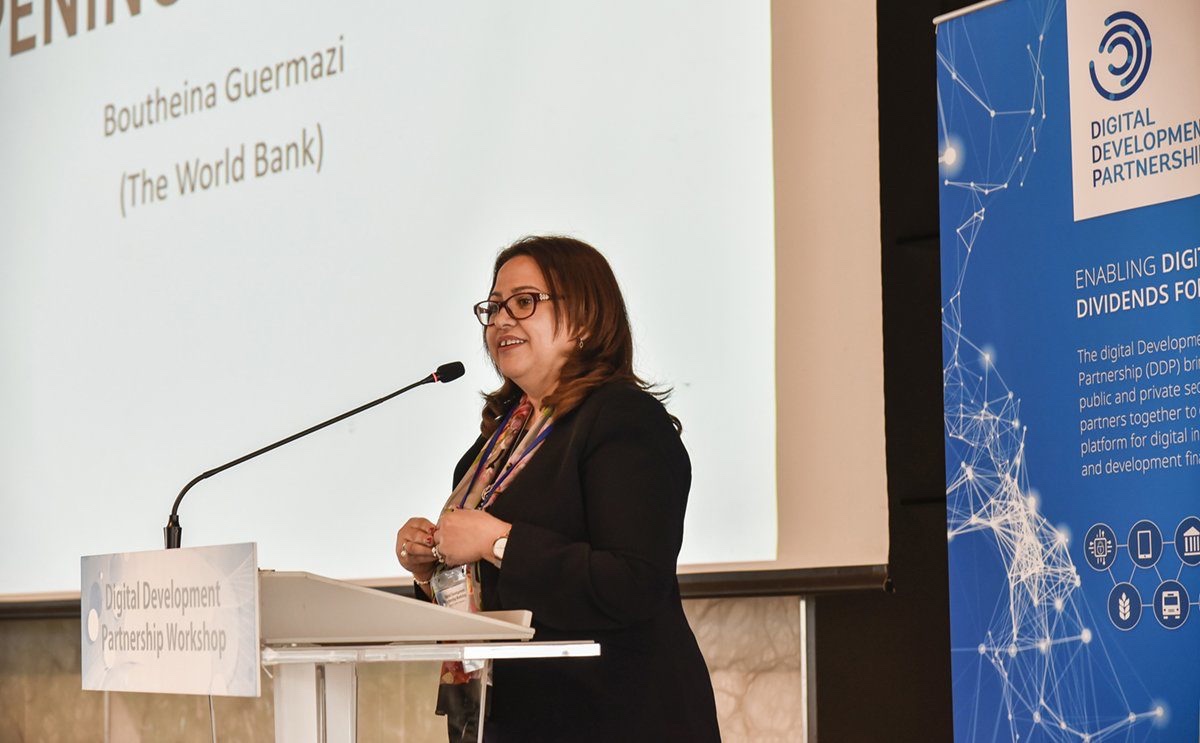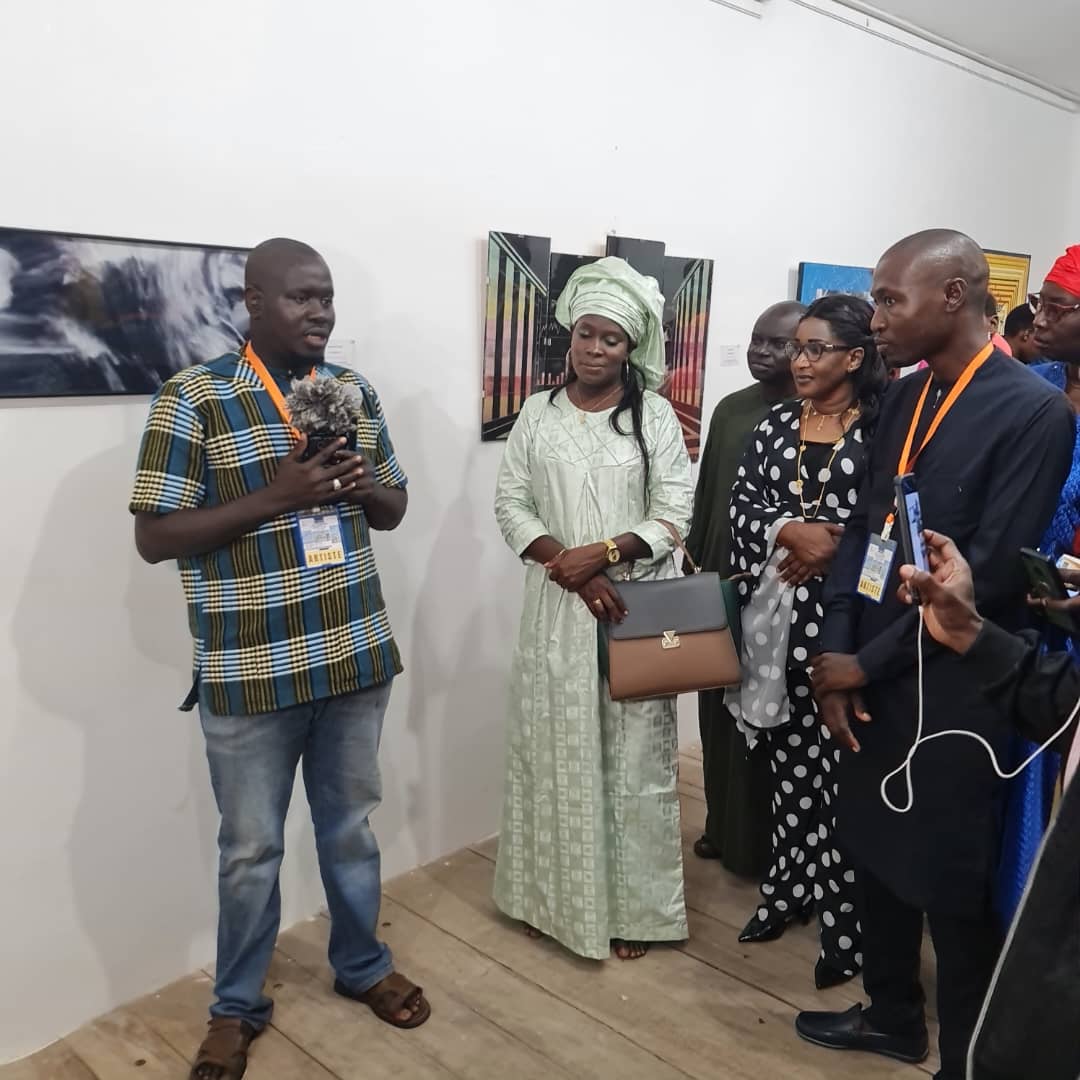By: Haruna Kuyateh
UNDP and Department of Parks and Wildlife in collaboration with the community of Noo Kunda are implementing a project dubbed Protected Area Network PAN to enhance effective environment management.
The project support the establishment of woodlot and provision 1000 improve cooking stoves to improve health and wellbeing of women and girls.
The Imam of Noo Kunda said that Islam attached great important to tree planting to protect and preserve natural resources.
Imam Julaba Dampha was speaking recently during planting of 45, 000 stumps of Gmalina planted at 5HA community woodlot at the first settlement of founding fathers who earlier planted Baobab as identity of first settlers.
He said planting of Gmalina near the first settlement would help generation to come understand how the inhabitants attached to the preservation and protection of historical sites.
Imam Dampha commended the community and those in the Diaspora for their invaluable support to the village.
Bakary Kinteh Village Development Committee chairman lauded Department of Parks and Wildlife and UNDP project dubbed Protected Area Network PAN for providing fencing materials and building the capacity of farmers on important planting. He said the initiative will reduce burden and pressure on the forest.
Lamin Njie of Department of Parks and Wildlife commended the community for providing 5HA for the establishment of woodlot and noted it is envisaged that in the long run it will reduce pressure on the protected area and allow breeding of wildlife species.
He said human activities on the protected area resulted to disappearance of wildlife and noted that his office is committed to protection and preservation of protected area.
Modou Jadama said the planting is timely as it will contribute to reduce water and soil erosion.
Lang Kinteh Sustainable Land Management Expert for Protected Area Network and Community Livelihood Enhancement project UNDP, said planting will reduce soil and water erosion and improve biodiversity and generate income.
He disclosed that as part of resilience building to address deforestation, 1000 improve cooking were provided to reduce fuel wood consumption and enhance the health of women and girls.




